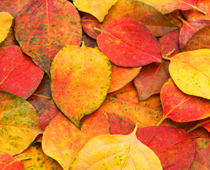
Investigating - How Things Change
This Science quiz is called 'Investigating - How Things Change' and it has been written by teachers to help you if you are studying the subject at elementary school. Playing educational quizzes is an enjoyable way to learn if you are in the 3rd, 4th or 5th grade - aged 8 to 11.
It costs only $12.50 per month to play this quiz and over 3,500 others that help you with your school work. You can subscribe on the page at Join Us
In science at school you have looked at simple data to investigate how things change over time. Plants and animals grow. The seasons bring different weather. The nights get longer in the winter and shorter in the summer. This quiz is all about using simple data to investigate how things change. Can you say how much they have changed over time? Can you say why they have changed? Have a go, and see just how many you can get right.
Click on the pictures for a closer look.
Mon 2 mm, Tue 3 mm, Wed 0 mm, Thu 7 mm, Fri 11 mm, Sat 12 mm, Su 11 mm
What was the wettest day that week?
Mon 2 mm, Tue 3 mm, Wed 0 mm, Thu 7 mm, Fri 11 mm, Sat 12 mm, Su 11 mm
How did the weather change over the week?
Maria and her friends investigated this. They used three colors. They timed how long they took to dry. Here are their results:
Orange 45 minutes
Green 45 minutes
Red 45 minutes
What did Maria say about their results?
He measured the depth of leaves on the floor of a wood. Here are his results:
January: 6 cm, April: 4 cm, July: 1 cm, October: 12 cm
When do most leaves fall off the trees?
Ready for more?
not all...
quizzers. Try to win a coveted spot on our Hall of Fame Page.

















